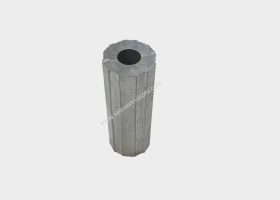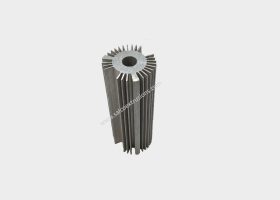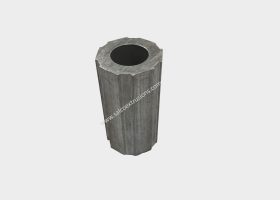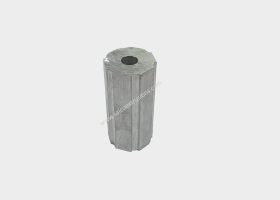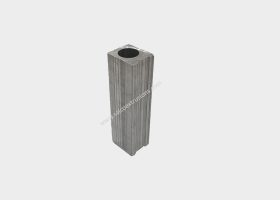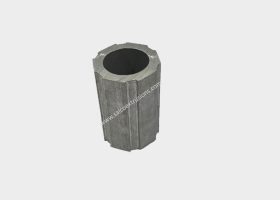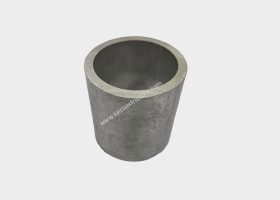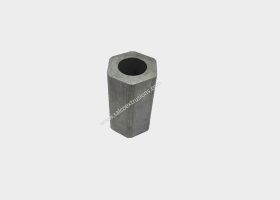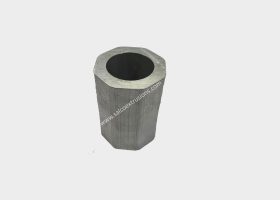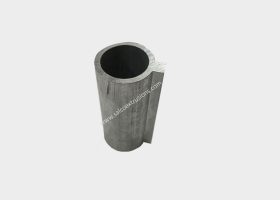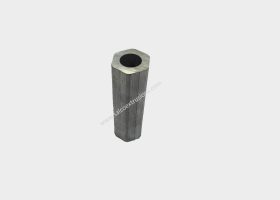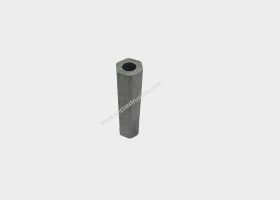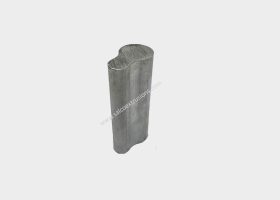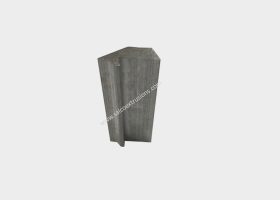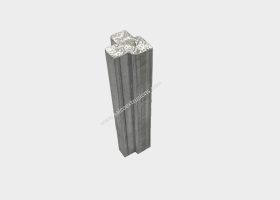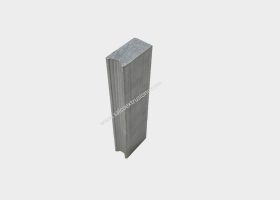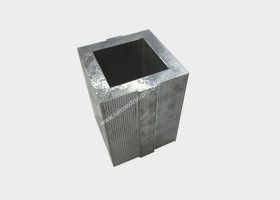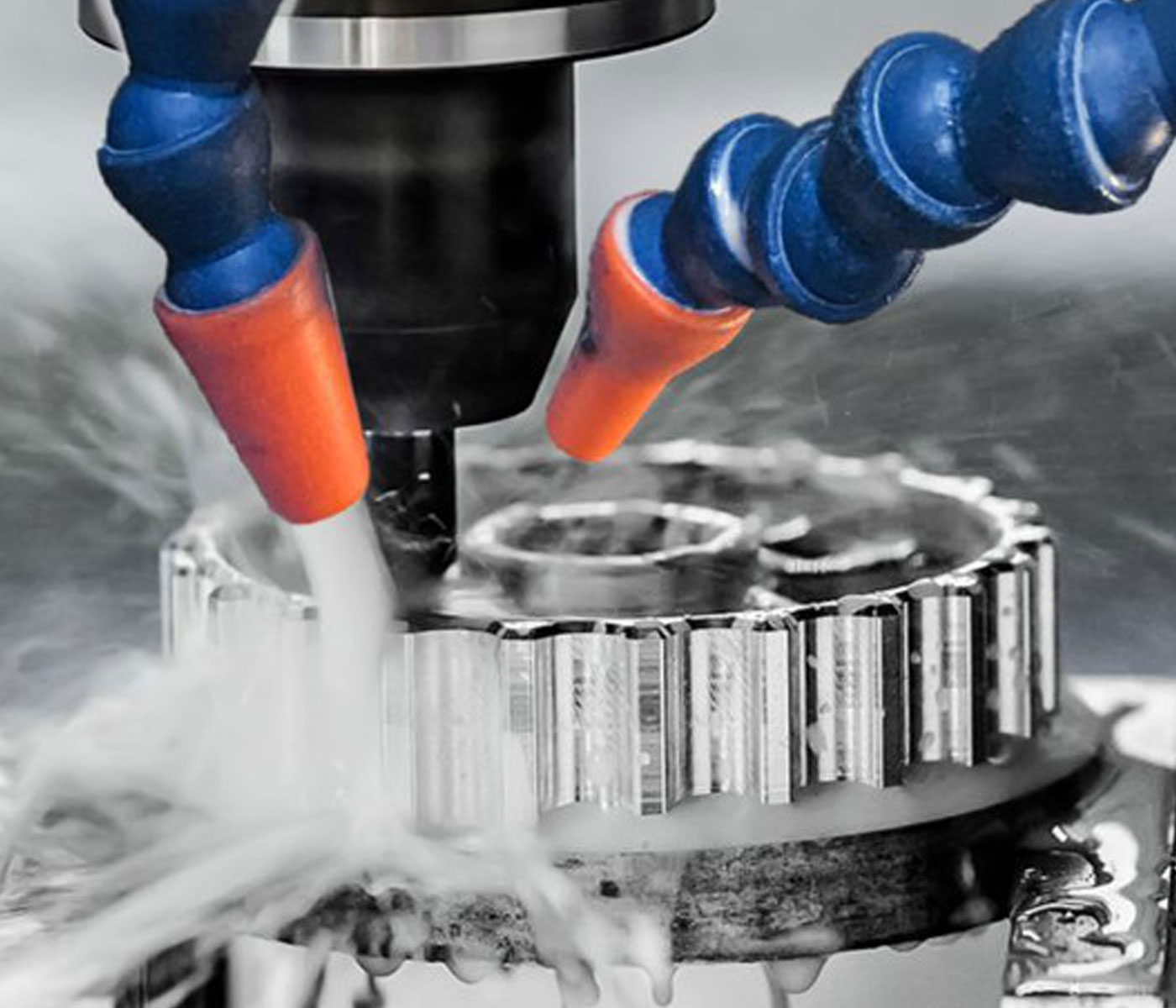
Aluminum Extrusions for Industrial Applications
The Backbone of Modern Manufacturing
In the heart of industrial innovation lies the need for materials that are not only strong and durable but also lightweight, adaptable, and sustainable. One such material that has earned its place across virtually every industrial sector is aluminum. More specifically, aluminum extrusions for industrial applications have revolutionized how we design, build, and maintain machines, equipment, frameworks, and systems.
From heavy machinery and robotics to material handling, automation, and cleanroom environments, aluminum extrusions provide the flexibility and performance needed to meet diverse engineering requirements. Their structural strength, corrosion resistance, and modularity make them an essential material for modern manufacturing and industrial infrastructure.
What Are Aluminum Extrusions for Industrial Applications?
Aluminum extrusion is a process where a billet of aluminum is heated and pushed through a shaped die to produce profiles with a continuous cross-section. These extrusions can be solid, hollow, or semi-hollow, and can range from basic shapes like angles and channels to highly complex, custom-engineered profiles.
The result is a strong yet lightweight component that can be cut, machined, assembled, and finished for a wide range of industrial applications. Unlike other materials, extruded aluminum can be tailored with remarkable precision to serve both structural and functional roles within industrial systems.
Why Aluminum Extrusions for Industrial Applications?
1. Lightweight Strength
Aluminum extrusions are significantly lighter than steel, yet they offer excellent strength-to-weight ratios. In industries where structural strength is required without adding unnecessary weight—such as aerospace, automotive, and conveyor systems—aluminum extrusions are the perfect solution.
2. Corrosion Resistance
Industrial environments often expose materials to moisture, chemicals, and temperature fluctuations. Aluminum forms a protective oxide layer that resists corrosion naturally, which means extruded components maintain their integrity and appearance even in challenging conditions.
3. Modularity and Versatility
One of the standout features of aluminum extrusions is their modularity. Many extrusion systems, like the popular T-slot aluminum framing, allow engineers to design highly customizable structures that are easy to assemble, reconfigure, and expand. This makes them ideal for:
-
Machine guards
-
Workstations
-
Enclosures
-
Racks and carts
-
Robotic arms and automation systems
4. Ease of Machining and Fabrication
Aluminum is easy to cut, drill, mill, and machine, reducing lead times in production. Extrusions can be fabricated in-house or supplied as ready-to-assemble kits, making them ideal for rapid prototyping or scaled manufacturing.
5. Sustainability
Aluminum is 100% recyclable, and using recycled aluminum requires just a fraction (around 5%) of the energy needed for producing primary aluminum. For industries moving toward more sustainable manufacturing practices, this recyclability makes aluminum extrusions a strategic material choice.
Common Aluminum Extrusions for Industrial Applications
1. Machine Frames and Structural Systems
In industrial automation, manufacturing lines, and processing plants, aluminum extrusions are used to build strong, modular machine frames and base structures. The T-slot aluminum framing system is one of the most widely used because it allows users to assemble frames without welding—using bolts and brackets instead.
Key benefits include:
-
Reusability of components
-
Fast modifications and repairs
-
Reduced installation costs
-
Lightweight construction for mobile systems
2. Automation and Robotics
Modern production lines rely heavily on robotics and automated systems. Aluminum extrusions provide the structural backbone for robotic arms, linear motion systems, and gantries. Their precision and stiffness are critical in maintaining alignment and performance in high-speed operations.
Additionally, cable routing, sensor mounting, and actuator integration can be built directly into the extrusion design.
3. Material Handling Systems
Aluminum extrusions are ideal for creating custom conveyor systems, racks, carts, lifters, and flow racks. Because these systems are constantly modified to handle different product lines or warehouse layouts, the modularity of extrusions offers a huge advantage.
Aluminum’s light weight makes mobile handling equipment easier to move, while its strength ensures it can handle industrial loads.
4. Enclosures, Workstations, and Clean Rooms
Extruded aluminum is extensively used in the creation of:
-
Operator workstations
-
Electronic equipment enclosures
-
Laboratory and clean room furniture
-
Light-duty cabinets and housings
These applications require hygienic, non-corrosive, and visually clean materials. Aluminum fits perfectly due to its aesthetic finishes, ease of cleaning, and compatibility with a wide range of surface treatments.
5. Heat Exchangers and Cooling Systems
Due to aluminum’s excellent thermal conductivity, extruded profiles are often used in heat sinks, cooling fins, and heat exchanger components. In power generation, electronics, and industrial HVAC systems, aluminum extrusions help manage thermal loads efficiently while reducing overall weight.
6. Transportation and Logistics Equipment
From warehouse storage systems to industrial vehicles and loading ramps, aluminum extrusions are used to create custom-built solutions for transporting goods. Their light weight improves fuel efficiency in mobile applications, while the ability to withstand stress and vibration ensures long service life.
Customization and Engineering Flexibility
Industrial applications often require components that fit specific functions or constraints. With aluminum extrusions, manufacturers can create custom-designed profiles tailored to:
-
Integrate electrical wiring or sensors
-
Provide mounting tracks
-
Include sealing grooves
-
Reduce material use without sacrificing strength
These capabilities allow designers to consolidate multiple parts into a single extruded profile, lowering costs and simplifying assembly.
Surface Treatments for Industrial Conditions
Aluminum extrusions can be enhanced through various surface finishes depending on the operating environment:
-
Anodizing: Increases corrosion resistance and adds a harder surface layer. Common in clean rooms and electronics manufacturing.
-
Powder Coating: Adds color and improves chemical resistance.
-
Mechanical Finishing: Such as brushing or polishing for aesthetic or functional requirements.
Aluminum Extrusions for Industrial Applications Profiles: Standard vs. Custom
Industrial users can choose between:
-
Standard profiles: Such as angles, channels, and T-slots, available off the shelf.
-
Custom profiles: Designed for unique use cases like integrated cooling fins, multi-functional grooves, or proprietary assembly systems.
Many suppliers offer engineering support to help design the perfect custom extrusion for your industrial application.
Industries That Rely on Aluminum Extrusions for Industrial Applications
✔ Manufacturing & Automation
Aluminum extrusions are foundational in automation equipment, assembly lines, and machine building.
✔ Electronics & Electrical
Used in enclosures, heat sinks, and cable management systems.
✔ Aerospace
Lightweight structural components, support frames, and ground handling equipment.
✔ Automotive
Production line systems, fixtures, battery housing (especially for EVs), and jigs.
✔ Pharmaceutical & Medical
Clean room furniture, lab tables, and hygienic enclosures.
✔ Renewable Energy
Solar panel mounting structures, wind turbine platforms, and support frameworks.
Future Trends in Aluminum Extrusions for Industrial Applications
✅ Integration with IoT and Smart Manufacturing
Extruded profiles are now being designed with built-in cable routing and mounting options for sensors, actuators, and smart monitoring systems.
✅ Additive Manufacturing and Hybrid Production
Combining 3D printing with aluminum extrusion for more complex or lightweight structures.
✅ Sustainable Manufacturing
With increased focus on circular economy practices, aluminum’s recyclability is a key factor in industrial sustainability strategies.
Conclusion: A Modern Material for Modern Industry
In a world driven by efficiency, speed, and customization, aluminum extrusions for industrial applications offer a solution that meets today’s engineering demands while anticipating tomorrow’s challenges. Their combination of strength, lightness, corrosion resistance, modularity, and recyclability makes them indispensable in virtually every industrial sector.
Whether you’re building high-tech robotics, setting up automated production lines, constructing material handling systems, or developing clean room solutions, aluminum extrusions provide the strength and flexibility to bring your ideas to life—efficiently, affordably, and sustainably.
Ready to explore aluminum extrusions for your next industrial project? Partner with an experienced manufacturer or supplier who can deliver both standard and custom solutions tailored to your operational needs.
